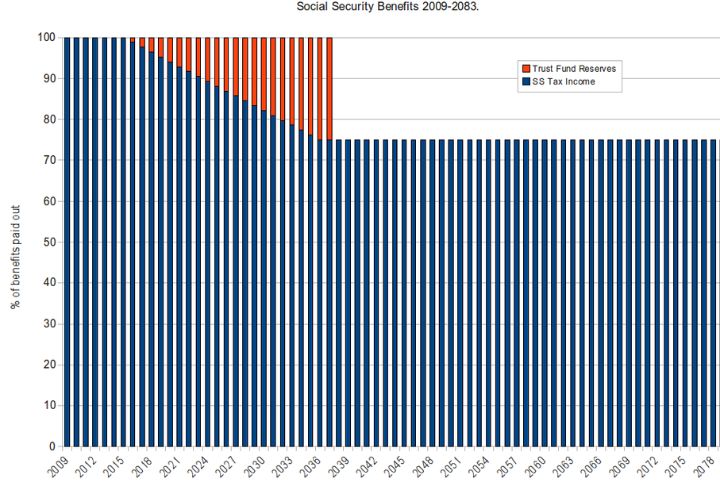
As retirement approaches, many wonder if they’ll need to give up work completely to keep their Social Security benefits. The truth is, the rules aren’t as restrictive as they may seem. Knowing exactly how earnings affect your checks can make the transition smoother and less stressful. Ahead, we break it down so you can step into this new stage with confidence.
Social Security Administration

Many people assume Social Security tracks their hours on the job, but that’s not the case. The agency’s only criterion is to look at your total yearly earnings. If your benefits are reduced for earning too much, they’re recalculated once you reach full retirement age. These rules do not apply to disability or SSI, though.
Full Retirement Age

Full Retirement Age, or FRA, is the age when you can claim full Social Security benefits. It’s tied to your birth year and usually lands between 65 and 67. The SSA even calculates it down to the exact month, which determines how much income you can earn without reducing payments.
Earnings Limits

Before you reach FRA, annual income limits come into play. For 2025, the limit is $23,400, and it jumps to $62,160 in the months leading up to your FRA. These figures are reset annually and adjusted each year for inflation. If you exceed them, some payments may be temporarily reduced.
Benefit Reductions

This is where the math becomes essential. For every $2 you make over the annual cap, Social Security deducts $1 from your benefits if the FRA covers you. The formula changes to $1 for every $3 in the year you actually reach FRA. Only before reaching retirement age do these deductions apply.
Monthly Earnings Tracking

The rules are different in your first year of retirement. Instead of looking at your total yearly income, Social Security tracks your earnings month by month. This special rule protects people who stop working mid-year. In fact, in 2025, the monthly limit is $1,950 before FRA.
Income Types

Not all income counts toward Social Security’s earnings limit. It does not cover pensions, annuities, investments, or rental income. However, deferred pay, such as a bonus earned in a prior year, may count if it’s paid while you’re collecting benefits.
Spouse And Family

If your spouse or dependent children are under their own FRA, their payments can be reduced if you earn above the limit. Survivor benefits work the same way. Divorced spouses, though, aren’t affected by your earnings. Once you reach FRA, these reductions are lifted, and benefits for your family are recalculated to reflect the change.
Disability And SSI

The rules look very different when it comes to disability benefits. Social Security Disability Insurance (SSDI) sets a strict monthly earnings cap—$1,620 in 2025 for non-blind recipients—before benefits are reduced. Supplemental Security Income (SSI) is even tighter, with both income and asset limits that can immediately affect eligibility.
First Year Of Retirement

For many people, the first year of retirement is a transitional period, and Social Security has a special rule in place for that. Instead of looking at your annual income, SSA considers monthly earnings, so you can still receive benefits in months when your pay falls below the limit. This is especially helpful if you retire mid-year.
Tax Considerations

The amount of your Social Security benefit that is taxable may also change if you work while receiving it. Up to 50% of your benefits may be subject to taxation if your combined income surpasses $25,000 for individuals and $32,000 for couples. That percentage increases to 85% at higher income levels. By being aware of this, tax time surprises can be avoided.
